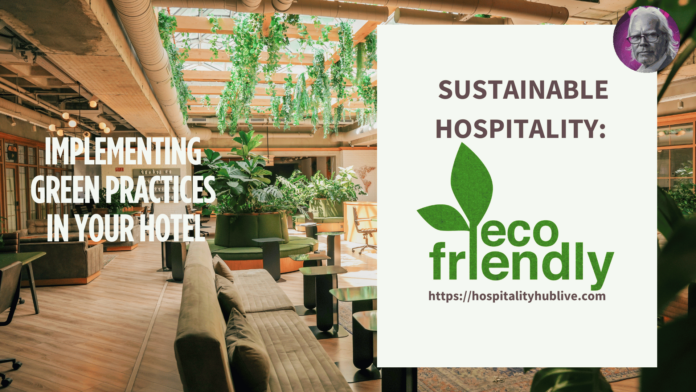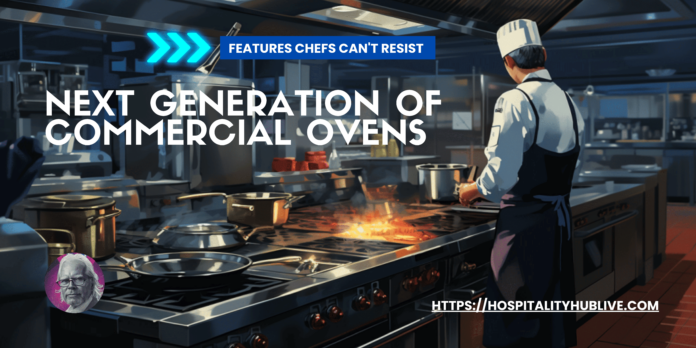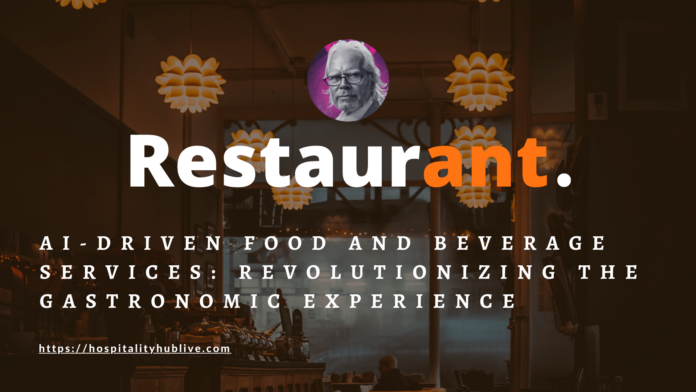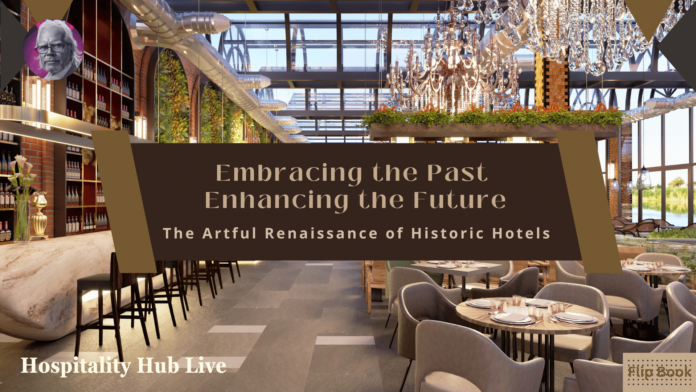Please find below the FREE : Implementing Green Practices in Your Hotel : Flip Book for Download
You are welcome to buy our staff a cup of coffee. No need for Starbucks
— A coffee from the corner shop is ok!
Introduction:
The modern hotelier faces an array of challenges, from managing costs to exceeding customer expectations. However, one responsibility increasingly demanded by both regulatory bodies and socially-conscious consumers is environmental stewardship.
As the world grapples with climate change and resource depletion, the spotlight has turned towards sustainable hospitality. In this article, we will delve into the concept of sustainability within the hotel industry, discussing its benefits and offering actionable tips for greening your hotel operations.
The Importance of Sustainable Hospitality
Boost Customer Loyalty
Today’s travelers are well-informed and increasingly opting for eco-friendly choices. Hotels that incorporate sustainable practices not only meet this growing demand but also engender a deeper sense of loyalty among patrons. Customers who believe that a business shares their ethical concerns are likely to return and become long-term clients.
Regulatory Compliance
Governments and international bodies are incrementally stiffening environmental rules and regulations. Adhering to these early on not only aids in avoiding future penalties but positions your establishment as an industry leader in responsible practices.
Cost Savings
Initially, the transition to sustainable options may seem financially daunting. However, the long-term gains far outweigh the initial investment. From reduced energy bills to less wastage, the financial benefits of sustainable practices are substantial.
Core Pillars of Sustainable Hospitality
Energy Efficiency
- LED Lighting: Phasing out incandescent or fluorescent lights in favor of LED alternatives significantly reduces your electricity consumption, thereby lowering energy bills.
- HVAC Systems: Opting for energy-efficient HVAC systems with smart thermostats can automate energy use, making it easier to control temperatures and ensure that energy is not wasted.
Waste Management
- Recycling Bins: Having separate bins for recyclable waste encourages guests to participate in your hotel’s green initiatives.
- Composting: A composting system for food waste not only cuts down on landfill contributions but also provides rich soil for any landscaping needs.
Local Sourcing
- Food and Beverages: Establishing partnerships with local farmers and producers ensures fresher produce and reduces the carbon footprint associated with transporting goods.
- Amenities: Choosing locally-produced toiletries and amenities that are biodegradable not only supports local businesses but also minimizes waste.
Case Studies: Success Stories in Sustainable Hospitality
1. XYZ Hotel
This boutique hotel in California invested in a rooftop solar panel system and saw a 30% reduction in their electricity bill within the first year.
2. ABC Resort
Located in Florida, ABC Resort set up an in-house water treatment plant, repurposing wastewater for garden irrigation, which resulted in substantial water conservation and cost savings.
Conclusion:
The year 2024 is shaping up to be a golden year for the global luxury hotel industry. From the coral paradise of the Maldives to the gold-encrusted luxuries of Dubai, these top 10 hotels are more than just accommodations—they are paradigms of what the luxury hospitality industry can offer.
Each project, backed by millions of dollars in investment, aims to redefine experiences and services in unique ways. Whether you’re in the hospitality industry keeping an eye on upcoming trends, or a luxury traveler planning your next getaway, this comprehensive guide is your resource for all things luxurious in 2024.
Implementing Sustainable Practices: A Step-by-Step Guide
Transforming your hotel into a sustainable establishment is a multi-step process that requires thorough planning, effective implementation, and constant monitoring. Below is a comprehensive step-by-step guide designed to assist hoteliers in implementing sustainable practices seamlessly.
Step 1: Assessment
- Environmental Audit: Conduct a detailed environmental audit of your property to assess current energy use, waste generation, and other potential areas for improvement.
- Energy Consumption: Check the efficiency of lighting, HVAC systems, and appliances.
- Waste Management: Evaluate current waste disposal methods, including recycling and composting.
- Water Usage: Review water conservation measures in place, if any.
- Benchmarking: Use industry benchmarks or consult a sustainability consultant to understand where you stand in terms of sustainability.
Step 2: Planning
- Sustainability Team: Establish a team dedicated to sustainability. This should include members from different departments such as housekeeping, kitchen, and maintenance.
- Action Plan: Create a comprehensive action plan that includes:
- Initiatives: List out the green initiatives to be taken.
- Budgets: Assign a budget for each initiative.
- Timelines: Set realistic timelines for each action item.
- Responsible Parties: Clearly delineate who is responsible for each task.
Step 3: Training
- Employee Training: Train your staff on how to implement and maintain new sustainability practices.
- Workshops and Seminars: Consider bringing in experts to educate your team.
- On-the-Job Training: Incorporate sustainable practices into day-to-day tasks for better adoption.
- Awareness Programs: Develop internal campaigns to continually educate and encourage staff.
Step 4: Execution
- Phase-wise Implementation: Roll out your initiatives in phases to monitor their effectiveness without overwhelming your operations.
- Monitoring and Evaluation: Implement Key Performance Indicators (KPIs) to gauge the success of each initiative.
- Energy Savings: Track reductions in energy consumption.
- Waste Reduction: Measure decreases in waste generation.
- Cost Savings: Calculate the financial benefits gained.
- Feedback Loop: Encourage both staff and guests to provide feedback on the new sustainability measures for ongoing improvements.
Step 5: Certification and Marketing
- Certification: After successfully implementing sustainable practices, consider obtaining eco-certifications like Green Key or ISO 14001. These certifications validate your efforts and can serve as marketing tools.
- Guest Communication: Use your sustainable practices as a unique selling proposition. Feature your sustainability achievements on your website, social media, and other marketing materials.
- Partnerships: Collaborate with other sustainable businesses or environmental organizations to strengthen your eco-friendly profile.
Case Studies: Success Stories in Sustainable Hospitality
Real-world examples serve as valuable blueprints for what can be achieved with dedication and strategic planning. Here, we delve into two detailed case studies that demonstrate how different hotels have successfully implemented sustainable practices and reaped various benefits.
1. XYZ Hotel: Solar Panel Investment
Location:
California, USA
Objective:
To significantly cut down on electricity consumption and carbon emissions.
Strategy:
- Conducted an energy audit to identify major areas of electricity consumption.
- Installed solar panels on the rooftop with the capacity to meet at least 50% of the hotel’s electricity needs.
Implementation:
- Selected a reputable solar panel provider and conducted a feasibility study.
- Rolled out the installation in phases, starting with communal areas like the lobby and dining facilities.
- Trained staff to manage and maintain the solar panel system.
Results:
- Achieved a 30% reduction in electricity bills within the first year.
- Generated excess electricity, contributing back to the grid and earning energy credits.
- Gained positive publicity, attracting a segment of eco-conscious travelers.
Key Takeaways:
- Renewable energy investment can offer substantial long-term savings.
- Brand image can be enhanced through sustainable initiatives.
2. ABC Resort: In-House Water Treatment
Location:
Florida, USA
Objective:
To drastically reduce water waste and minimize water costs.
Strategy:
- Installed an in-house water treatment plant to treat and repurpose wastewater.
Implementation:
- Consulted water management experts to assess the feasibility and design the system.
- Integrated the treatment plant within existing infrastructure, minimizing disruptions.
- Conducted staff training programs to ensure the correct operation of the system.
Results:
- Reduced overall water consumption by 40%.
- Reused treated water for garden irrigation and cooling systems.
- Achieved cost savings of 25% on water bills within the first six months.
Key Takeaways:
- Water conservation is both environmentally and financially beneficial.
- Employees’ role in operating new systems effectively is crucial for the success of such initiatives.
These case studies exemplify how tailored sustainability strategies can lead to substantial financial gains while contributing to environmental preservation. While each hotel had a different focus—energy savings for XYZ Hotel and water conservation for ABC Resort—the overall positive impact was apparent in both cases.
Examining successful case studies can offer actionable insights into what works and what doesn’t, allowing you to make informed decisions for your own sustainability initiatives.
Discover more from Hospitality Hub Live
Subscribe to get the latest posts sent to your email.











